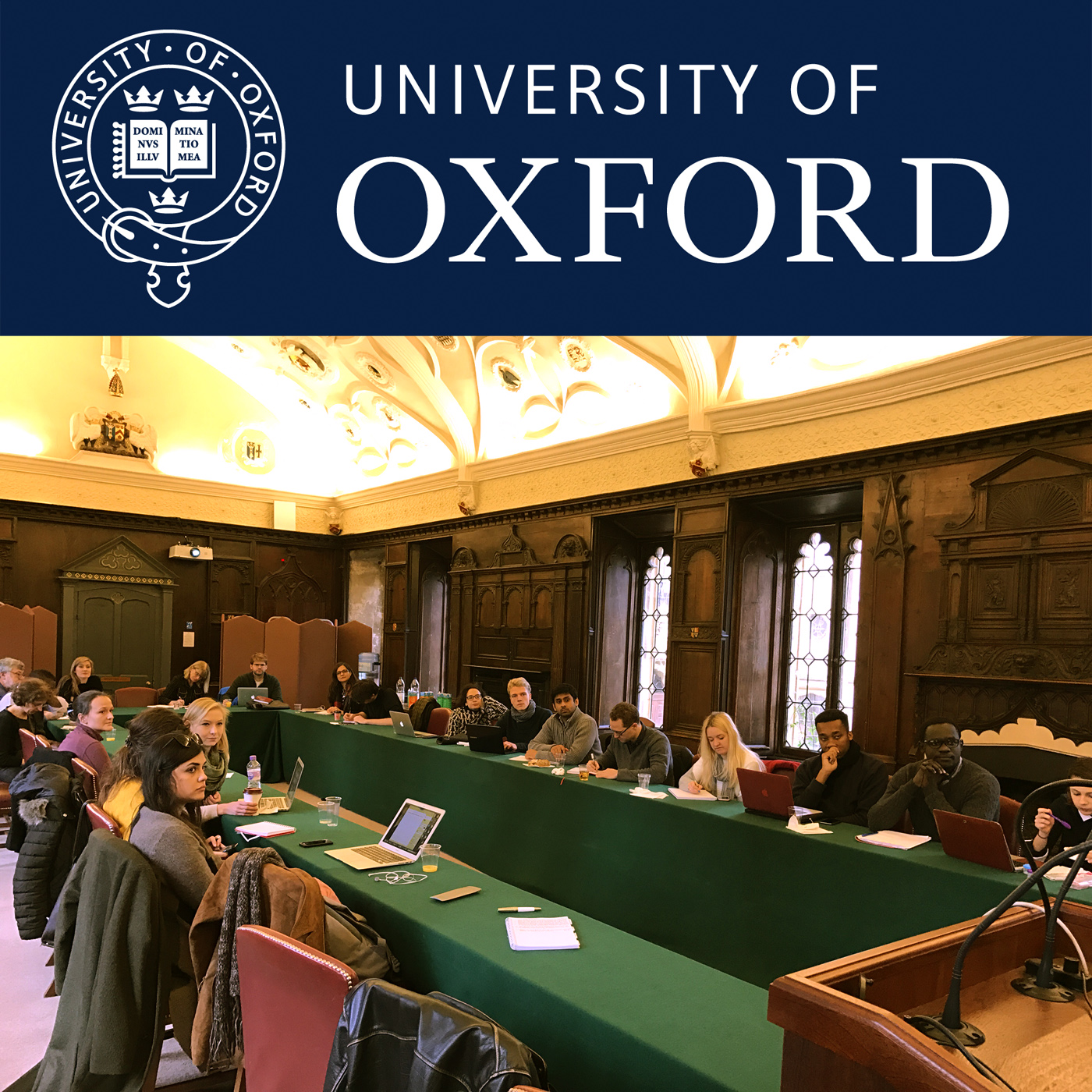Under the Radar: Fair and Equitable Benefit-sharing and the Human Rights of Indigenous Peoples and Local Communities Related to Natural Resources
Description
This article critically assesses the increasing cross-fertilization between international environmental law and international human rights law... Abstract
.. with regard to fair and equitable benefit-sharing, as an inherent component of the human rights of indigenous peoples and local communities related to natural resources. The article aims to explore the extent to which a fully-fledged mutually supportive interpretation of benefit-sharing may contribute to a progressive shift away from international law’s historically western-centric understanding of sovereignty towards the recognition and integration of different worldviews in nature resource use and conservation. The article thus examines the increasing references to benefit-sharing in international human rights processes with regard to the negative impacts of development and conservation of natural resources traditionally used by indigenous and tribal peoples (Part I). It then contrasts these developments with the evolution of fair and equitable benefit-sharing from the use of natural resources traditionally used by indigenous peoples and local communities under international biodiversity law (Part II). This preliminary juxtaposition serves to illuminate the degree of reciprocal influences of the areas of law, as well as respective blindspots. The central section of this paper (Part III) explores the full potential for a mutually supportive interpretation between international biodiversity and human rights law. It does so by piecing together existing sources of authoritative interpretation that are implicitly compatible and originate from these two areas of international law with a view to advancing understanding of how they contribute to address the respective blindspots in international environmental and human rights law. The combined reading of these international legal materials leads – it will be argued – to three normative clarifications. First, benefit-sharing should be understood as having a substantive dimension (right-holding communities’ choice and capabilities), as well as a procedural one (right-holding communities’ agency as part of a concerted, culturally appropriate and iterative dialogue). Second, benefit-sharing should expand dramatically the scope and approach of impact assessments and consultation/consent practices, moving from a defensive approach to ensure respect and protection of human rights towards a more proactive approach supporting also their full realization. In other words, benefit-sharing should not only be seen as a procedural “safeguard” to the substantive human rights related to natural resources, but rather as an integral component of these rights that should be realized. Third, benefit-sharing should be seen as part of a general, self-standing obligation to respect, protect and realize human rights related to natural resources. It should thus be distinguished from compensation as a secondary obligation of reparations that is dependent upon a violation of the right. The extent to which such interpretation has been applied, and should be applicable, to the creation and management of conservation measures, in addition to extractives, is also explored, as questions of negative impacts on human rights of conservation initiatives have only recently received more sustained attention. Accordingly, a reflection is offered on the relevance of these and related international law developments on benefit-sharing for better understanding business responsibility to respect human rights related to natural resources in the extractive sector, as well as for non-State actors in the conservation sector.
Bio
Elisa Morgera is Professor of Global Environmental Law at Strathclyde Law School in Glasgow and Director of the Strathclyde Centre for Environmental Law and Governance. She is leading the ERC-funded BENELEX project on fair and equitab
More Episodes
What explains the rise of investor-state arbitration? To the extent that investor-state arbitration had founding fathers, what were their motivations, what constraints did they have, what was their thinking? Using documents from the American, British, German, and Swiss archives, this talk will...
Published 05/31/19
Published 05/31/19
Investment treaties are often said to have two principal effects for the states that enter into them. First, it is asserted that investment treaties act to increase levels of foreign investment in host states. Second, it is said that investment treaties have a positive effect on national...
Published 05/07/19


